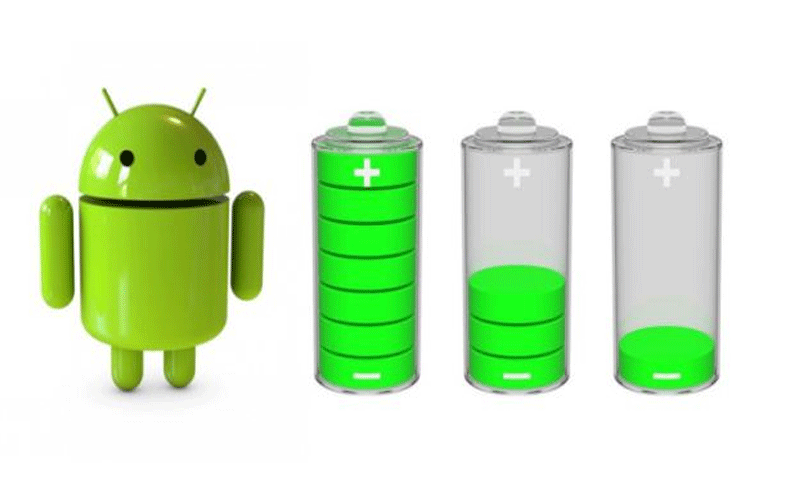-
Tips for becoming a good boxer - November 6, 2020
-
7 expert tips for making your hens night a memorable one - November 6, 2020
-
5 reasons to host your Christmas party on a cruise boat - November 6, 2020
-
What to do when you’re charged with a crime - November 6, 2020
-
Should you get one or multiple dogs? Here’s all you need to know - November 3, 2020
-
A Guide: How to Build Your Very Own Magic Mirror - February 14, 2019
-
Our Top Inspirational Baseball Stars - November 24, 2018
-
Five Tech Tools That Will Help You Turn Your Blog into a Business - November 24, 2018
-
How to Indulge on Vacation without Expanding Your Waist - November 9, 2018
-
5 Strategies for Businesses to Appeal to Today’s Increasingly Mobile-Crazed Customers - November 9, 2018
This FREE app will give your smartphone an instant battery boost
Apps running in the background, even when your Android device is asleep, manage to sip a substantial amount of battery juice, as per researchers at Purdue University and Intel who have developed a tool to combat the problem.
Advertisement
Enter HUSH, which the Purdue crew have released at GitHub and which they reckon can save almost half of that wasted energy consumption.
Prof Charlie Hu, of Purdue University, explained: “Apps wake the phone up periodically during screen-off to do useful things, but then afterward, they should let the phone go back to sleep”.
In dealing with this, however, Hu’s group has also tried to take into account user behaviour.
Ineffective background processes, started by apps, are identified based on user activities and how (and what) applications are used frequently.
Purdue University has created a new software tool named HUSH, which looks to reduce the battery drain caused by apps in Android devices by as much as 16 percent.
Hush is now only available to developers, but both Apple and Google are already implementing “low-power” modes in their most recent mobile operating systems, so it Hush could very well be integrated into one of those tools.
In the course of their research, what they discovered is that even when your device’s screen is off, it still has a 45.9% battery drain. “They are not letting the phone go back to sleep because of software bugs and, specifically, due to the incorrect use of Android power control application programming interfaces called wakelocks”, Hu added.
The research team analysed 2,000 units of Samsung’s Galaxy S3 and S4 smartphones, to determine battery drain.
The team will present their findings this week at the ACM MobiCom 2015 conference in Paris.
When the phone is in screen-off, it also continues draining power for various legitimate maintenance purposes: for example, A WiFi beacon, when the phone’s WiFi system sends a periodic signal to the access point once every 200 milliseconds, and a “cellular paging” function, when the phone talks to the base station every 1.28 seconds to check for incoming calls or data.
Advertisement
Considering the fact that battery drain is one of the biggest concerns of a lot of mobile users, it’s odd that it’s the first time a large-scale study “in the wild” has been conducted regarding this aspect of our lives. Programs not started frequently by users are flagged and all background activities are ceased by HUSH.




























